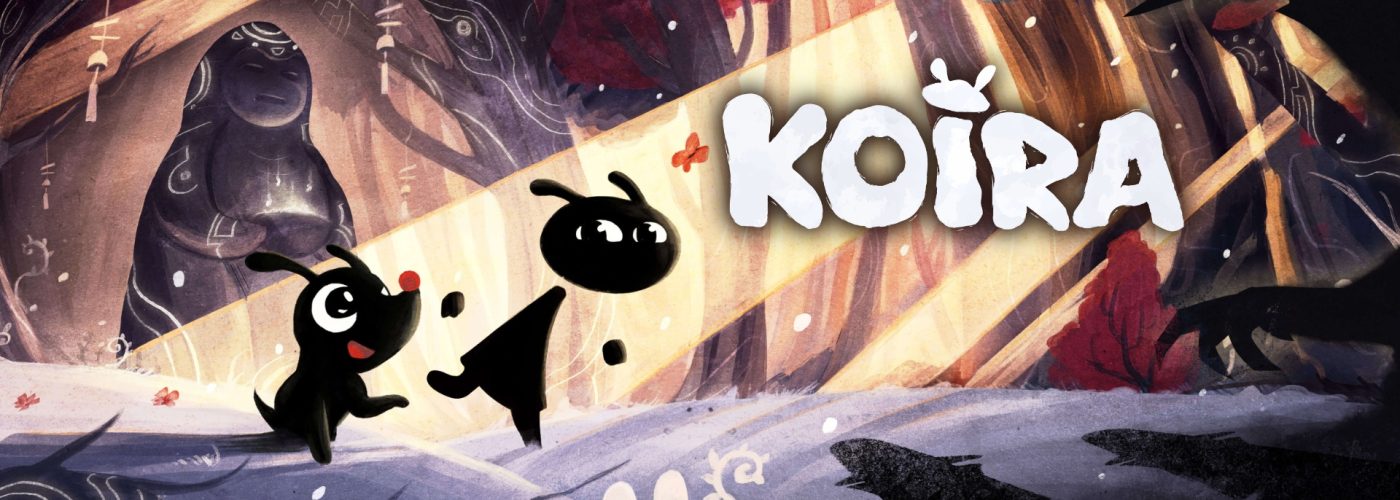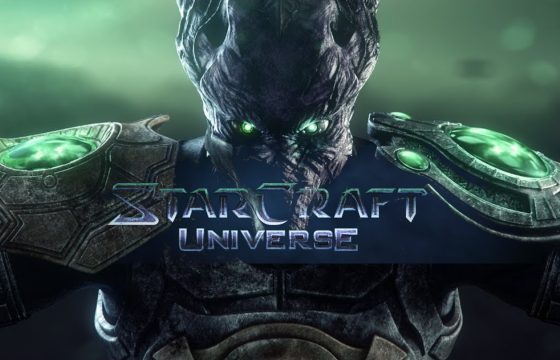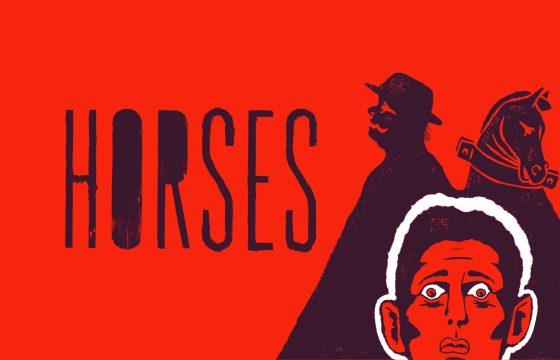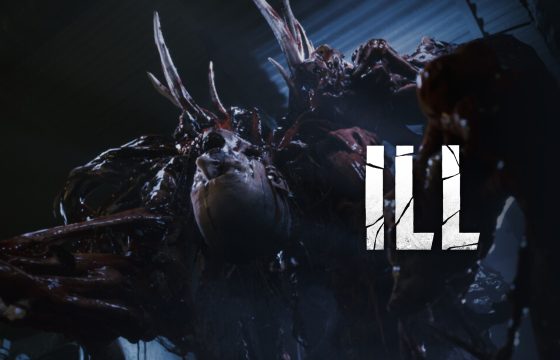An experience where silence becomes music, and music becomes the voice that speaks to your innermost self.
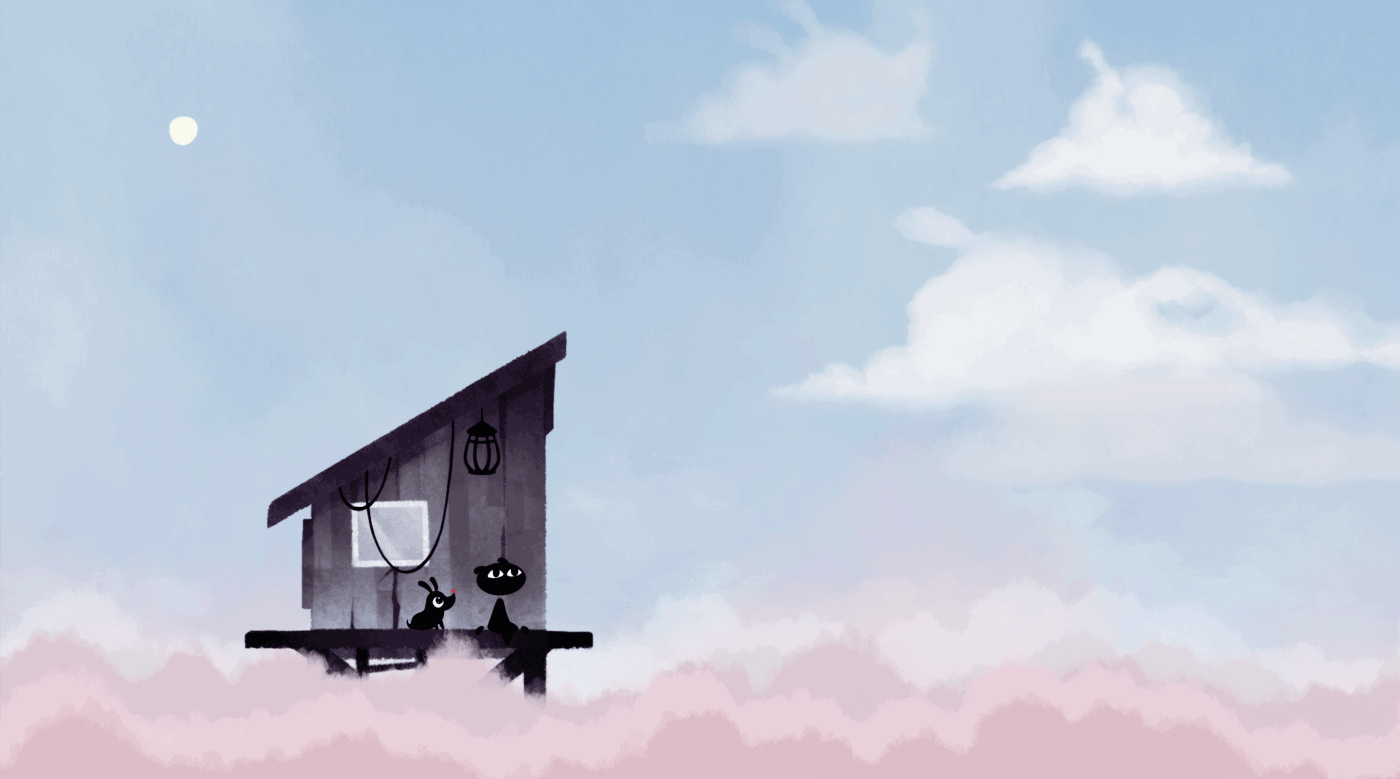
There are stories that unfold not through words, but through silence—through the hush of falling snow, the ebb and flow of a distant melody, the weight of a gaze held just a moment too long. Koira, the breathtaking debut from Studio TOLIMA, is one such story. It draws you into its world not with fanfare, but with a whisper—a subtle resonance that lingers, echoing softly in the soul long after the final image fades.
What begins as a gentle journey through a dreamlike forest gradually reveals something far more profound: a story of friendship, of the deep connection between humanity and nature, of vulnerability, and of emotional depth. Without uttering a single word, Koira communicates with a language of silence and sound. It sings through stillness, speaks through sensation, and reminds us that meaning often blooms not in dialogue, but in the spaces between.
This is more than just a game—it is an immersive, sensory journey that touches the soul. It doesn’t demand to be played; instead, it invites you to experience it, to feel it. And once it captures your heart, it will never truly let go.
When Gaming becomes Poetry, Art, and Emotion: a brief Introduction to Studio TOLIMA, the young and visionary creators of Koira
Before we dive wholeheartedly into our review of Koira and share every detail of our experience, allow us to first introduce you to the passionate creators behind this moving work of art and take you back to how it all began in Brussels in 2022.
Studio TOLIMA is an independent Belgian developer based in Brussels, founded three years ago by Ben Lega (Founder, Producer, and Creative Director). The team also includes Sander Vanhove (Lead Developer and Technical Artist), Lieve van der Zaan (Artist), Reginald Nowe (Composer and Sound Designer), and Umi Guillou (Animator). Studio TOLIMA focuses on creating poetic and emotionally resonant experiences using a minimalist approach to game design. Their goal is to push the boundaries of the gaming industry, crafting games that tell personal and emotional stories while fostering a community that values ethical work conditions, open-source development, and knowledge sharing.
The team’s journey began in 2019, when Ben Lega made the courageous decision to leave his stable job and pursue his childhood dream of creating games. Combining his technical skills and love for art, Ben released several free games before teaming up with Reginald Nowe to develop the prototype for Koira. Just nine months later, the team partnered with DON’T NOD, a well-known game publisher recognized for its creative output and high-quality titles. DON’T NOD embraced the project’s creative philosophy, taking on the roles of publisher and co-producer. The rest, as they say, is history.
Now that you have an understanding of the vision, the journey, and the long road that led to the creation of Koira, we think it’s time to get into the heart of our review. Don’t you agree?

No text. No speech. Just pure emotion and mature storytelling — exactly as it was meant to be.
Let’s begin with a brief but necessary disclaimer: Koira is a short, four-to-five-hour adventure that places its narrative at the very heart of the experience. Revealing major plot points or spoilers would rob players of the game’s most rewarding gift — the thrill of discovery. For this reason, we’ll refrain from delving into story specifics, and instead turn our attention to another core element: the game’s powerful themes.
In Koira, we follow a peculiar, fragile creature—humanoid, yes, but evoking the innocence of a child—wandering through a vast, oppressive shroud of darkness. Lost and vulnerable, she stumbles upon a puppy, trapped and trembling. In freeing him, she finds her own salvation. He becomes the answer to her sorrow, her solitude, her fear. He is light—quite literally—banishing the night with each step at her side.
With this newfound, inseparable companion, the protagonist embarks on her adventure in Koira, a journey whose ultimate goal is a return home—this time with an added friend, navigating the dense and enigmatic forest that lies between her and her destination.
Along the way, players will uncover that the forest is a guardian of ancient secrets, connected to statues that respond to specific melodies. These melodies are safeguarded by the forest’s creatures and keepers. However, the journey is not without peril, as the dynamic duo soon discovers that the forest is under attack by hunters determined to disrupt its delicate balance and capture its inhabitants.
What was meant to be a simple journey home evolves into a profound, introspective exploration of self, uncovering what truly matters: the importance of bonds.


One of the most admirable and compelling aspects of Koira—beyond the beautifully orchestrated bond between the protagonist and her puppy, which lies at the heart of the experience—is its ability to construct a timely and emotionally resonant narrative through an entirely unconventional approach. Devoid of dialogue, text, or even a single spoken word, the game allows its imagery to speak with eloquence and depth. This deliberate absence of verbal communication not only gives Studio TOLIMA’s creation a unique identity, but also a clear artistic intent: to grant players full interpretive freedom, particularly as the narrative builds toward a conclusion that is deliberately open-ended and ripe for personal reflection.
But what truly sets Koira apart is how delicately it handles the themes it embraces. The loyalty between human and animal, a deep respect for the natural world, the haunting figure of hunters moving through shadowed forests—particularly those who pursue wild boars—and the inward challenge of emotional restraint are treated with uncommon empathy. It’s a kind of storytelling that brings to mind the emotional maturity of DONTNOD’s best titles—and it’s what gives Koira its quiet, lasting power.

Minimalist in design, Essential in execution: Did this bare-bones gameplay approach succeed in pulling us in, even in such a short time?
The gameplay philosophy behind Koira is refreshingly simple but incredibly effective, appealing to players of all ages and backgrounds. At its core, it revolves around two buttons: one for actions and the other to call the puppy and sing with the other forest creatures.
It’s a minimal approach, but don’t let that fool you—Koira is more than capable of keeping you hooked. The clever design keeps players engaged without ever feeling repetitive. The environmental puzzles, which are integral to the game’s progression, provide a satisfying challenge that drives the adventure forward.
A central and excellently executed aspect of Koira—as we mentioned earlier—is the varied and thoughtful handling of interactions and the growing bond of mutual trust between the protagonist and her four-legged companion. This relationship is built through mini-games, which also serve as intuitive tutorials for the game’s core mechanics, deepening the emotional impact of the story.
Equally well-executed are the stealth and chase sequences, which introduce moments of tension and variety into the game. These sections, though simple in structure, have been meticulously designed to ensure they complement the primary focus on environmental puzzles and side activities. These lighter activities provide players with a relaxing break, allowing them to bond with the puppy while taking a pause from the main storyline.


However, there are areas where the team could have introduced more variety and dynamism. The puzzle-solving sections, while offering a fair amount of interaction, fall short in terms of challenge, making them feel less engaging than they could have been. A more substantial difficulty would have added depth, making the puzzles more rewarding and impactful.
Another area in need of improvement is the save and checkpoint system. Every time you close and reopen the game, unless you’re at just the right spot, you may find yourself sent back several minutes—sometimes even over 15—and required to replay sections you’ve already completed. This can prove frustrating and disrupt the game’s overall flow.
When the Forest speaks: The art of Sound in Koira
Before reaching any conclusions, it’s essential—no, vital—to pause and redirect our focus to two elements that Studio TOLIMA has crafted with an almost devotional attention to detail. These are the soul of Koira, the brushstrokes and notes that make it breathe. First among them: the art direction. Koira is, in every sense, a moving painting—an ode to minimalism and contrast. Its visual language, built on a narrow palette of warm and cool tones, creates a luminous tapestry of light and shadow that lends the world a sense of poetry, wonder, and emotional gravity.
Contributing to this enchanted atmosphere is the exaggerated, almost theatrical character design—such as the eerie-eyed silhouettes perched on tree limbs, which, once revealed in the light, turn out to be harmless owls. Or the ghostlike presence of the hunters, whose forms—half-seen behind the foliage—evoke the menace of creatures from dark fairytales.

And then, there is the sound design—an essential, unspoken heartbeat of the game. To understand it is to listen closely, to hear its layers that cannot be reduced to a single, singular force. In Koira, sound doesn’t merely accompany—it defines. It breathes life into the fauna, giving voice to the forest itself, and shapes the flora, making the very trees pulse with energy. It is a language of the earth. But what strikes most, what lingers in the heart long after the last note fades, is the way Studio TOLIMA has used sound to grant each creature its own soul. Instead of words, each animal is bestowed an instrument, a sound all its own—a voice made not of syllables, but of strings, woodwinds, and brass. The result is nothing short of extraordinary.
And crowning it all is Koira’s original soundtrack—an exquisite score that flows seamlessly with both the sound design and visual tone. Here, melodies are far more than mere notes—they are emotional currents, tenderly pulling at the heartstrings with a perfect fusion of technique and profound emotional depth.

Koira: Is it worth playing?
Short answer: absolutely. Koira isn’t just a game—it’s a deeply emotional experience that invites you to slow down, reflect, and feel. As the old saying goes, it’s not the destination that matters, but the journey itself—and Koira makes every step along the way worth taking.
Yes, there are bumps—some bugs, a rough save system, and occasional design lapses—but Koira’s heart shines through. Studio TOLIMA’s debut is a beautiful first step, rich with promise and artistic voice.
If this is just page one, the story ahead is bound to be something special.
Koira is available now on PC via Steam and on PlayStation 5.
Special thanks to DON’T NOD for providing us with a PC key for this review.
Be sure to follow Studio TOLIMA and DON’T NOD on X for the latest updates on Koira. That’s all for now—until next time!
Koira
PRO
- A one-of-a-kind journey born from a bold creative vision
- An outstanding narrative that tackles contemporary, multifaceted themes with extraordinary sensitivity
- Top-tier art and sound design
- A powerful original soundtrack that elevates the entire audio-visual experience
- A minimalist gameplay design that maximizes emotional impact
CON
- The environmental puzzles are relatively undemanding, failing to create a sense of meaningful challenge
- The save system requires substantial improvement to address its shortcomings and provide a more user-friendly and efficient experience

